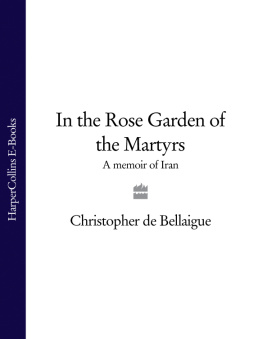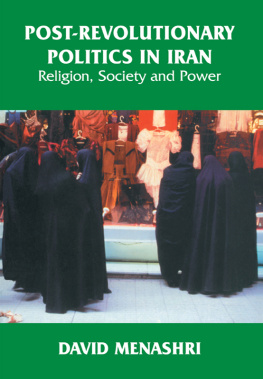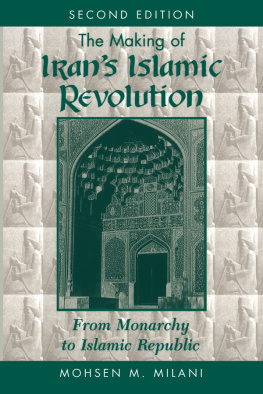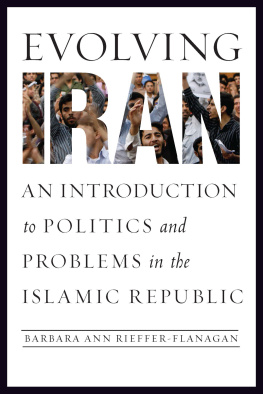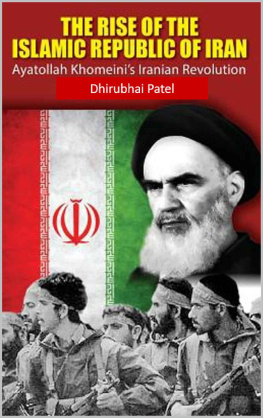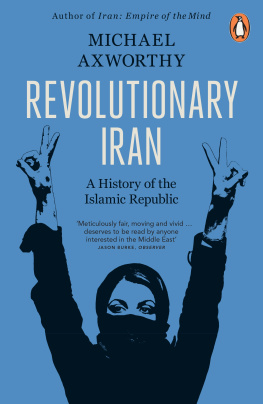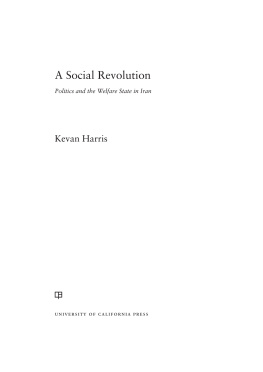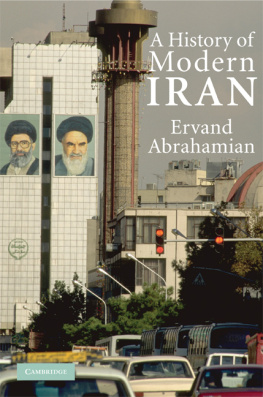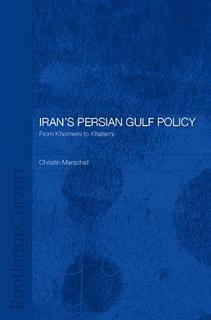University of California Press
Oakland, California
2021 by Rose Edith Wellman
Library of Congress Cataloging-in-Publication Data
Names: Wellman, Rose, author.
Title: Feeding Iran : Shii families and the making of the Islamic Republic / Rose Wellman.
Description: Oakland, California : University of California Press, [2021] | Includes bibliographical references and index.
Identifiers: LCCN 2020049981 (print) | LCCN 2020049982 (ebook) | ISBN 9780520376861 (cloth) | ISBN 9780520376878 (paperback) | ISBN 9780520976313 (epub)
Subjects: LCSH: KinshipReligious aspectsIslam. | Paramilitary forcesSocial aspectsIran21st century. | Rites and ceremoniesIran21st century.
Classification: LCC BP190.5.K55 W45 2021 (print) | LCC BP190.5.K55 (ebook) | DDC 204/.41dc23
LC record available at https://lccn.loc.gov/2020049981
LC ebook record available at https://lccn.loc.gov/2020049982
Manufactured in the United States of America
29 28 27 26 25 24 23 22 21
10 9 8 7 6 5 4 3 2 1
For Ayla
Acknowledgments
My late grandmother, Edith L. B. Turner, is the reason I became an anthropologist. She believed in people, in their stories, and in the reality of spirits. She thrived on human connection, friendship, and intellectual collaboration, and it is in this spirit that I now turn to thank all who have supported me in writing this book.
First and foremost, thank you to my hosts in Iran for your love, support, and endurance through lifes difficulties. I will never forget your kindness and hospitality. Many thanks also to my research assistants, Mohammad and Hoda, in Fars-Abad and Tehran, who always encouraged me to finish this work and who trusted me with their stories. My deepest thanks to the person who is the heart of this book, Nushin.
I am also immensely grateful to my dissertation committee at the Department of Anthropology at the University of Virginia. Susan McKinnon, Ira Bashkow, and Richard Handler provided invaluable advice, support, and constructive criticism over the course of this project. I have been especially honored to work with my committee chair, Susan McKinnon, who has taught me everything I know about kinship and the anthropological critique of domains. Without her stalwart support and encouragement, this project would not have been possible. Special thanks also to my other committee members, Ira Bashkow and Richard Handler, who have offered their perceptive feedback and backing. Finally, thank you to Farzaneh Milani, my esteemed outside reader at the University of Virginia, who supported my research and shared with me her love of Iranian poetry, prose, and film.
In the world of Iran studies, I am indebted to John Haldon, Kevan Harris, and Cyrus Schayegh, who helped hone my knowledge of Iranian history, politics, and sociology during my postdoctoral research position at Princeton University. I am also indebted to all of the attendees of Ethnography of Iran: Past and Present, a conference I organized at Princeton University in 2015. The participants pushed me to better understand and convey the complexities of Iran in the present moment. Im especially indebted to Mary Hegland; William O. Beeman, who provided insightful comments on this manuscript; and Amina Tawasil, who encouraged me in this publication and provided feedback on earlier chapters.
During the life course of this project, I have received incredible support, insight, and education from my friends, anthropologists, and other scholars. I am thankful to Debbora Battaglia, who was one of my first guides through the terrain of anthropology. I am also thankful to Zjaleh Hajibashi (who taught me Persian), Eve Danziger, Wende Marshall, Daniel Lefkowitz, Abdul Aziz Sachedina, Roy Wagner, George Mentore, and Lise Dobrin. Emiko Ohnuki-Tierney has been an incredible voice of encouragement and support. I have also been continuously inspired by the brilliant Janet Carsten.
This book would not have been possible without my sisters in spirit, Todne Thomas and Asiya Malik, the coeditors of New Direction in Spiritual Kinship. I am grateful for the intellectual curiosity and friendship of Dionisios Kavadias. I am always thankful to my dear friend and writing-mate Lydia Rodriguez. Arsalan Khan, Julie Starr, David Flood, Roberto Armengol, and Jack Stoetzel provided me with invaluable and incisive feedback in earlier drafts of this project. Daniel Birchok and Ana Vinea insightfully commented on chapters and book proposals in Michigan, as did my friends and colleagues Susan Ellison, Erin Raffety, and Bridget Purcell during my time at Princeton. Others have provided me with amazing friendship and support over the years. I am grateful to Alison Broach, Irtefa Binte-Farid, Grace Reynolds, Claire Snell-Rood, Yu-chien Huang, Nathalie Nahas, Dannah Dennis, Carolyn Howarter, Jennie Doberne, Sue-Ann McCarty, Jason Hickel, and Jacqueline Cieslak, who have all been a part of this adventure in one way or another.
I presented various parts of this books arguments at Princeton University, Yale University, the University of Edinburgh, NYU Abu Dhabi, Goucher College, the University of Michigan-Dearborn, the University of Virginia, the American Anthropological Association Annual Meetings, the Association for the Study of Persianate Societies, and the Symposia Iranica Conference at the University of Cambridge. I am thankful to all participants and organizers of these events and panels for creating spaces for exchange and collaboration and for engaging with my work. Much of this book developed in and through the proceedings of a Wenner-Gren workshop I co-organized, The Sacred Social: Investigations of Spiritual Kinship among the Abrahamic Faiths, in Charlottesville, Virginia. I remain indebted to Todne Thomas, Asiya Malik, Susan McKinnon, Don Seeman, Carol Delaney, Gillian Feeley-Harnik, Fenella Cannell, Jolle Bahloul, Fred Klaits, Naomi Leite, and Guido Alfani for a workshop that continues to inspire me in my academic career.
This research was funded by a National Science Foundation Doctoral Dissertation Research Improvement Grant, a Wenner-Gren Dissertation Fieldwork Grant, an Albert Gallatin Graduate Research Fellowship, an Iran Heritage Foundation Academic Grant, and a scholarship from the Mount Holyoke College Alumnae Association. Writing was funded by a Charlotte W. Newcombe Doctoral Dissertation Fellowship and by the Sharmin and Bijan Mossavar-Rahmani Center for Iran and Persian Gulf Studies at Princeton University, which funded my position as a postdoctoral research associate. Most recently, I am deeply grateful to my fellow faculty at the University of Michigan-Dearborn, who have been instrumental in helping me prioritize this project and encouraging me to publish. Im especially grateful to Pamela Aronson, Carmel Price, Sally Howell, John Chenoweth, Nadine Anderson, Patrick Beauchesne, Jonathan Smith, and Rachel Buzzeo. I am also very much indebted to my wonderful editors at the University of California Press, Kate Marshall and Enrique Ochoa-Kaup.
A few more words of thanks remain. My mother, Irene Wellman, has been an incredible source of light, encouragement, and insightful reading and copyediting during this process. I am also thankful to my father, Donald Wellman, for believing in me. I am thankful to Mamanjun and her family. Most of all, though, I am thankful to my dear husband, Naser Alijabbari, who has been a stalwart support through it all.


